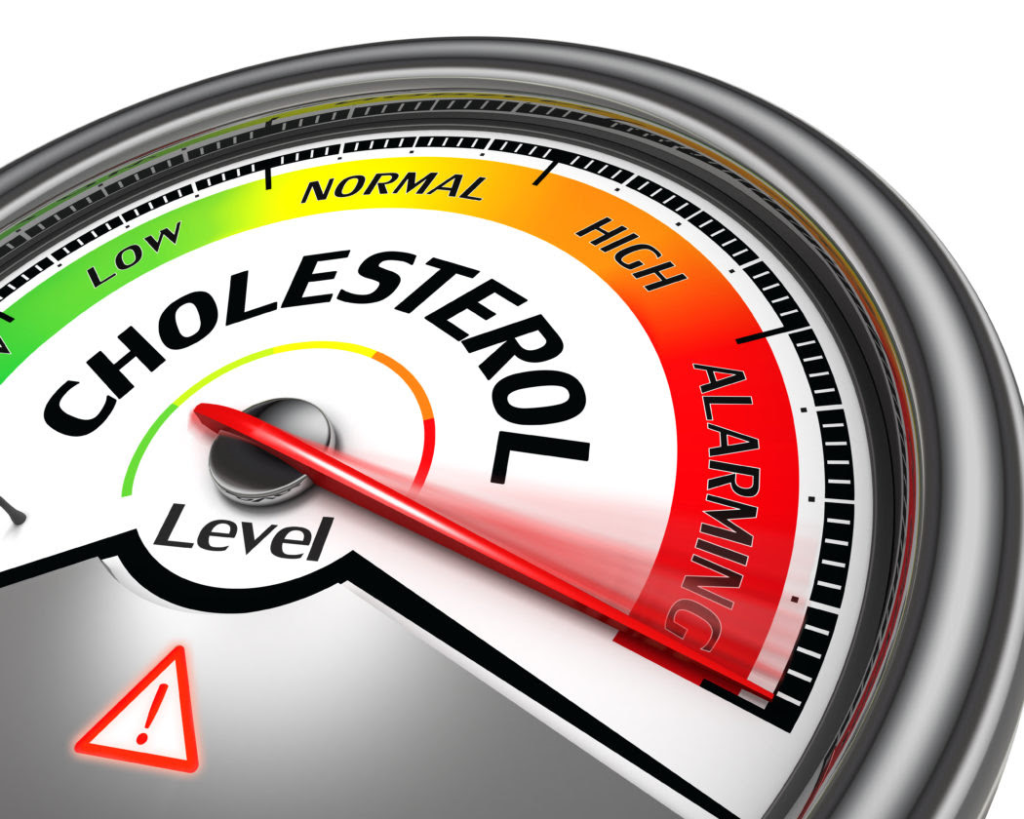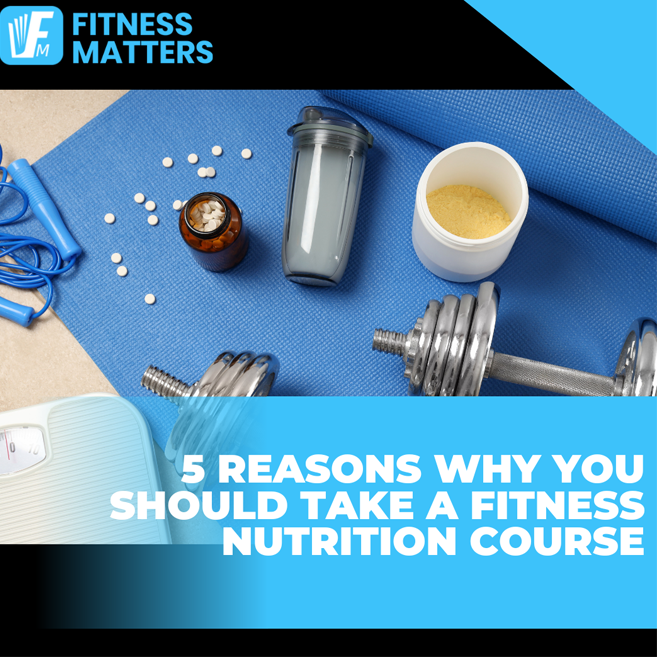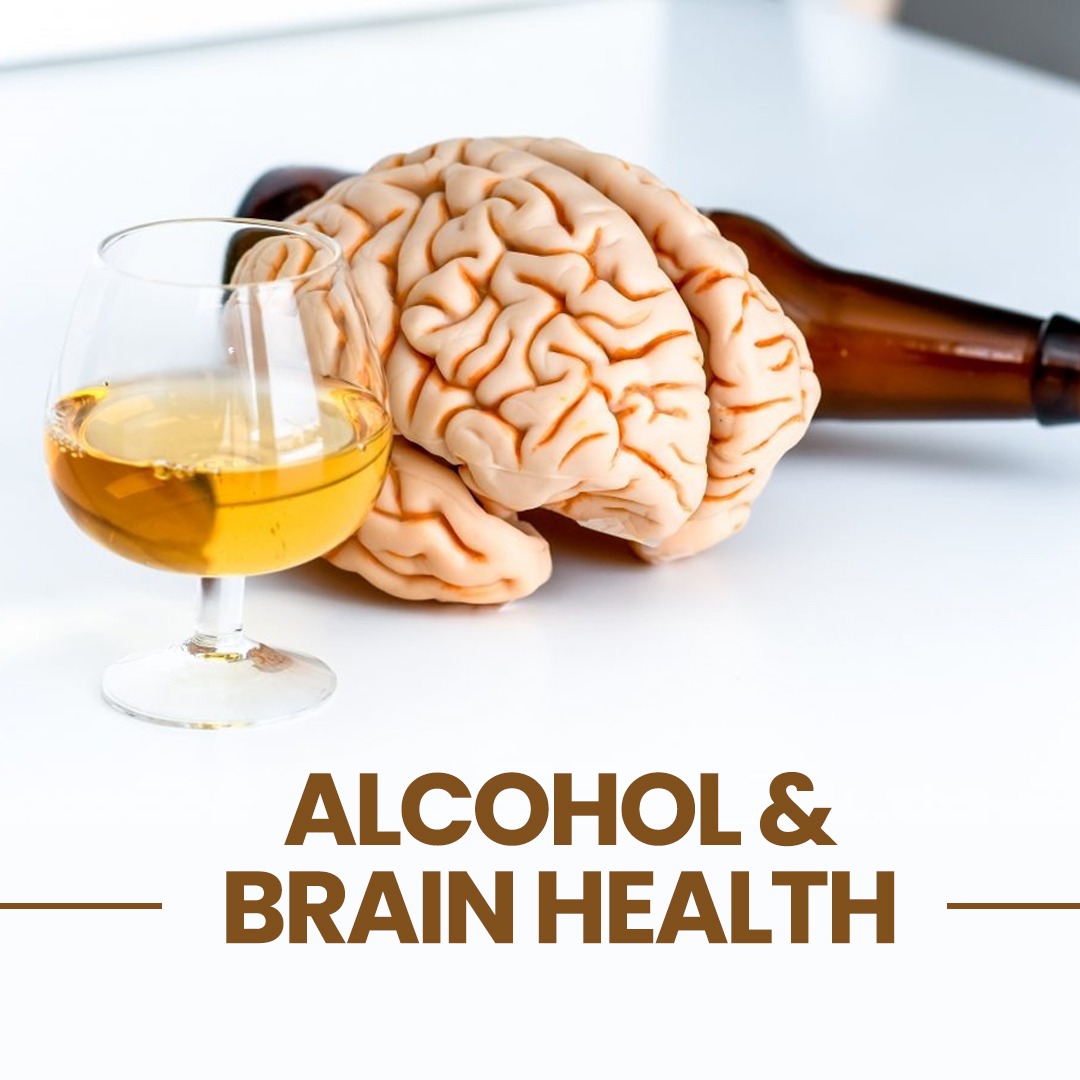
The time has come where we are living as a civilization in concrete jungles, where we wake up every morning, get ready and move out of our houses to do what we are meant to do. We work, eat and we repeat. Among all of these things, we find ourselves so lost in the mundane things of life that we get far away from our healthy lifestyle. We have stopped think as what was our life 20 to 30 years back. Some major changes have made our lives different. These changes can be broadly categorized under two factors, namely, the lifestyle that we are leading and the environment we are living in.
When It comes to lifestyle, we are sleeping less eating more, eating food from restaurants and bistros, driving everywhere no matter how near that place may be and taking in all the work that we can do to maintain the very lifestyle. All these things have taken a huge toll on our hormonal levels, specifically our cholesterol levels.
When it comes to the environment and the various factors that co-exist, take their toll on our bodies too. Say for example the cars that we drive leave a huge carbon footprint on the planet. It is one of the biggest factors in conjunction with the dying and deteriorating number of trees that the air quality has dropped below what is needed to lead a healthy lifestyle. Individuals with higher exposure to particulate matter (PM) – the mixture of solid and liquid particles found in the air – over an average of 3 months had a higher cholesterol levels, compared with those with lower PM exposure.
Over one-year period, individuals with higher exposure to black carbon – a component of PM that is primarily emitted from motor vehicles – had significantly lower levels of good cholesterol (HDL), compared with those who had lower black carbon exposure.
Although both men and women experienced reductions in HDL cholesterol as a result of higher exposure to air pollution, the effect is stronger for women. They have a smaller heart chamber size and lesser iron and haemoglobin which makes the situation much more critical for females.
HDL cholesterol is the component of the cholesterol classes that helps in cleaning up blocked arteries which lead to a myriad of health issues relating to heart health like atherosclerosis and myocardial infarction. Lesser potent health issues that exist with lower levels of HDL cholesterol will ultimately lead to blockages which thereby lead to elevated blood pressure.
This is how pollution is playing its part in making our lives a little tougher on the health front. But when we talk about the work that we do and the competition that we are facing nowadays that sets in some deeper imbalances in our systems. To pinpoint the biggest culprit here would be the infamous “Stress Hormone” called “Cortisol”.
Wherever we are under stress our body reacts in a certain way to cope up with the stress. Our blood loses its water, making it thicker and increasing its pressure, thereby increasing chances of causing even the smallest levels of cholesterol to clog up the arteries which indirectly causes the HDL cholesterol to go down. Thus, the ratio of HDL:LDL cholesterol takes a toss for the worse making matters even more troublesome.
It is impossible to just pack up and relocate to a cleaner part of town, live in the outskirts, to do something on a professional front. These challenges will continue to exist. It is only us who can bring the change in our lives which help combating these conditions and putting a stop to these to prevent rather to treat them.
The better way is to put a stop to it, feeling good at the same time. Some of the changes that we can make you can read next.
- Following a healthful diet that is high in fruits, vegetables, and whole foods
- Getting regular exercise
- Doing activities that focus on relaxation and meditation, such as yoga
- Achieving a healthy work-life balance
- Asking others to help with chores
- Spending social time with friends and family
- Making time for things you enjoy, such as a walk in the park with your kids or pets
- Developing good sleep habits, including not taking electronic devices to the bedroom or sleeping area
- Engaging in positive self-talk
Remember medication is not always the answer, being active and eating healthy and being mindful about the lifestyle choices that you make are pivotal in leading a long and healthy life.
References: Medicalnewstoday.com, Healthline.com, The Great Cholesterol Myth by Jonny Bowden, Cholesterol Clarity by Jimmy Moore, The Cholesterol Con by Malcolm Kendrick.
- fitnessmatters
- May 24, 2022
- 5:47 pm
- No Comments









